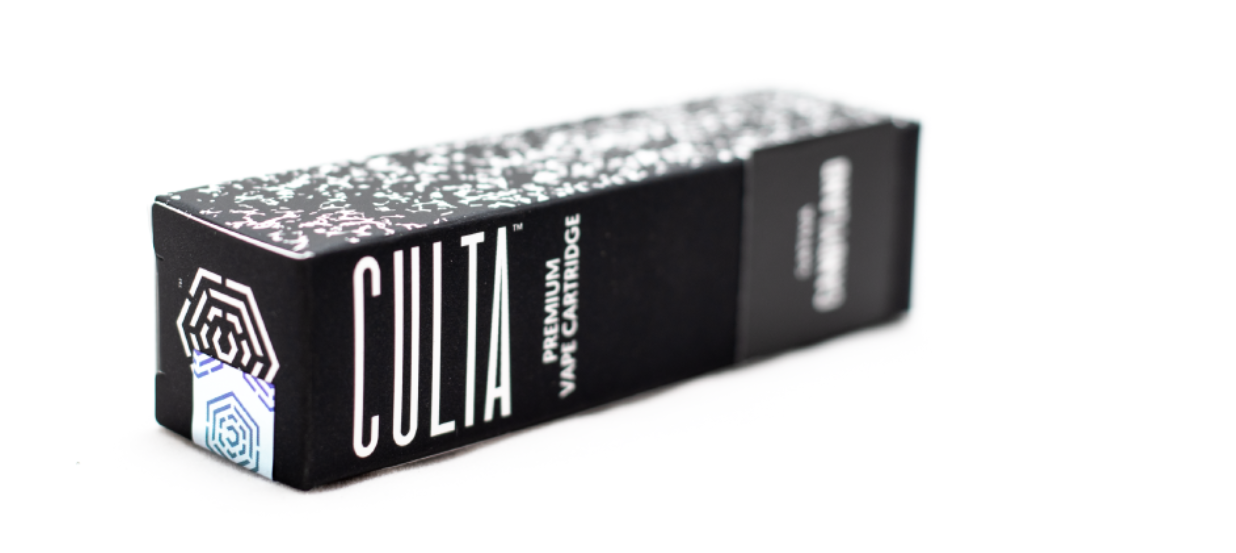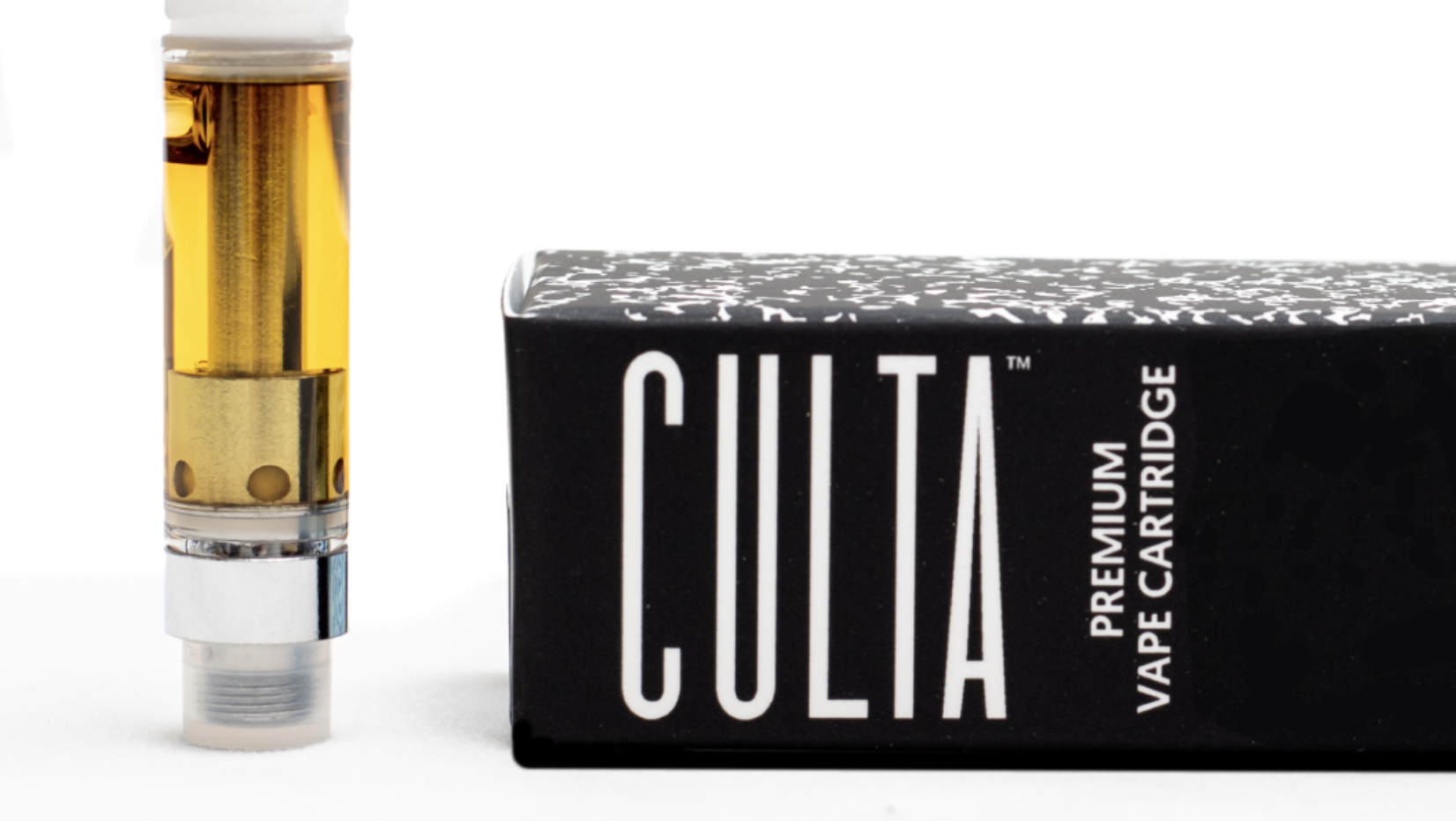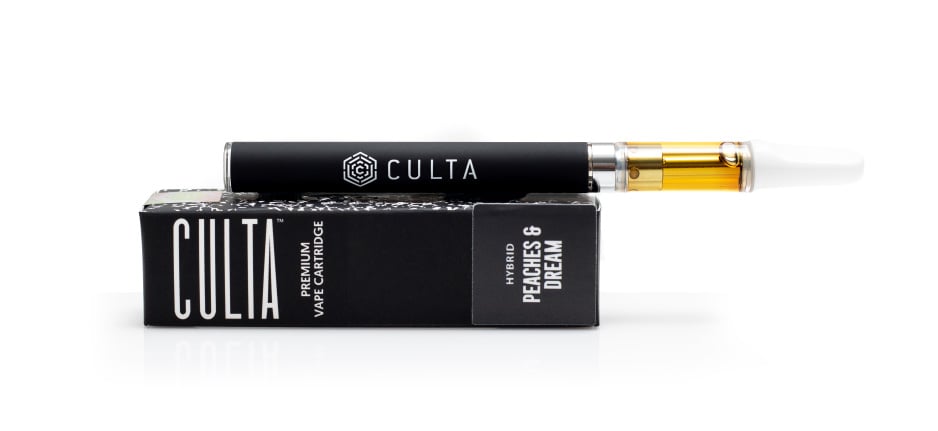Although some research shows that vaping is one of the least harmful ways to consume cannabis, many patients are still concerned about the overall safety of vaping. Considering that we’re still navigating a pandemic that harms the lungs (and the 2019 “vape gate” crisis is still on everyone’s minds) we can’t say we blame them. In this blog, we’ll discuss the safety of cannabis vape pens and why purchasing them from a reputable vendor is the best way to avoid harmful additives and contaminants.
The safety of vaping vs smoking
In general, vaporization is considered a safer alternative to smoking, whether it’s cannabis or nicotine. Since the user is inhaling vapor instead of smoke, there are less carcinogens entering the bloodstream. The first long-term, peer-reviewed study of its kind, published in 2017 in the journal Annals of Internal Medicine, compared the carcinogen levels of smokers who use traditional cigarettes with those who use e-cigarettes only (or a mix of the two.)
The conclusion? Although all groups obtained similar levels of nicotine, the group that only used e-cigarettes had substantially reduced levels of carcinogens and toxins than those who smoked combustible cigarettes. Unfortunately, a similar study has yet to be done on cannabis vapes, but this study leads many to believe that the differences between smoking flower and vapes might be similar since the smoking methodology is the same.
What happened with vape gate?
So, if vaping is often touted as a safer alternative to smoking, what’s the story behind the “vape gate” crisis of 2019? To put it simply: black market vapes, that is vapes produced and sold illegally. When patients vape cannabis, THC isn’t the only thing they’re inhaling. Vape manufacturers use a variety of ingredients to “suspend” the THC or CBD, create a vapor, or add flavor -- all of which can irritate the lungs.
Because the cannabis industry isn’t as regulated as other industries, ingredient lists weren’t always accurate. On top of that, the lack of regulation left a lot of room for companies to get lazy with how their cartridges were made. As a result, in early 2019, people started falling ill with a severe respiratory illness that experts believe could be linked to vitamin E acetate additives used in counterfeit products.
The disease, referred to as EVALI (e-cigarette or vaping use-associated lung injury), presents as an illness of the lungs and is often confused with other respiratory conditions, like pneumonia. Symptoms include cough, shortness of breath, chest pain, fever, chills, weight loss, abdominal pain, and gastrointestinal distress. 80% of the cases were linked to THC-infused vaping products, and the safety of CBD-only vapes wasn’t called into question during the vape gate crisis.
So, are dispensary vapes safe?
When you look at the staggering difference in the number of EVALI cases in states where recreational cannabis is legal (1.7 cases per million people) vs. the number of cases in states where cannabis use of any kind is prohibited (8.1 cases per million people), it seems that vaporizer products purchased illegally may be the issue. Although the CDC is still investigating the matter, their official recommendation is to avoid using THC vape products that have been modified or purchased on the street, and to always use products per the manufacturer’s instructions.
How can I protect myself?
The best way to protect yourself is to always purchase cannabis vape products from licensed dispensaries and reputable manufacturers, as licensed supply chains are much harder to contaminate. If you live in Maryland, the MMCC maintains an active list of licensed dispensaries so you can ensure that you’re purchasing from a licensed company. (Other states have similar registries.) We also maintain a list of our partners, which you can find here. Do your research, learn how to spot a counterfeit THC vape cartridge, check the packaging, investigate the lab results, and always trust your instincts. If a vape cartridge is especially inexpensive or has strange packaging, discard it immediately.
When in doubt, discuss your concerns with your patient coordinator. They can help you find a product that’s produced legally and may even be able to share third-party lab testing results with you, too.




